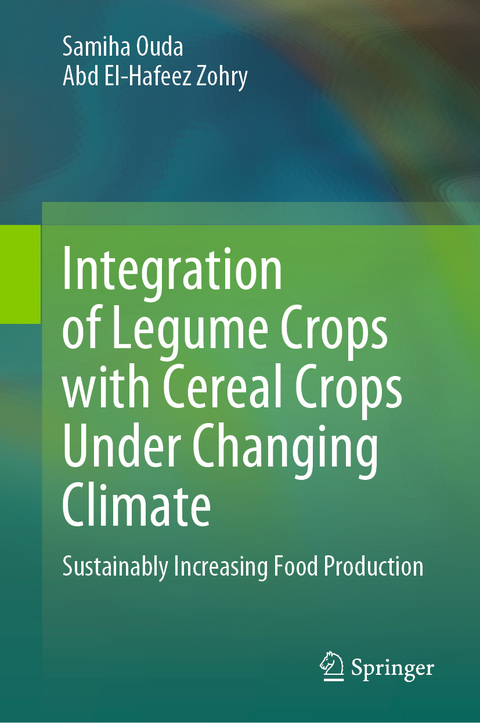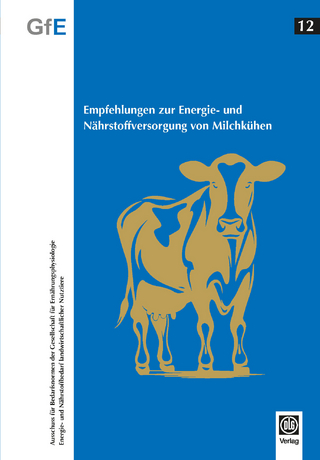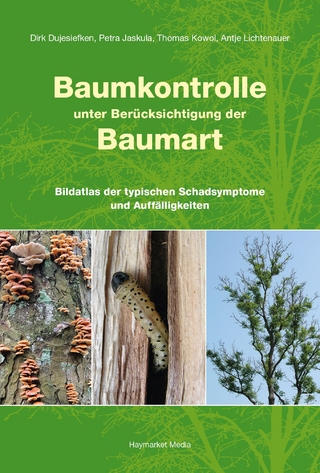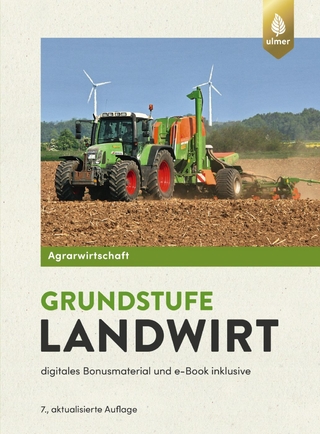
Integration of Legume Crops with Cereal Crops Under Changing Climate
Springer International Publishing (Verlag)
978-3-031-68101-1 (ISBN)
The world population is steadily increases with high rate in the past decade from 7,126 billion inhibitors in 2012 to 8,095 billion inhibitors in 2024, with 14% increase. In the meantime, the number of severely food insecure people were 604.5 million in 2014, which increased by 53% in 2020 to reach 927.6 million people. These numbers raise large concerns about the future of food production to feed these continually growing population. Lately, many developing countries rely on importing large quantities of crops, such as wheat, maize, and rice to meet their food and feed needs. The negative impact of climate change and its consequences, namely high temperature causing low crops productivity and water scarcity, which causing great disruptions in food production systems. Therefore, increasing the production of cereal crops worldwide can be achieved through increasing average yield per unit area or expanding the area devoted to cereals into more marginal lands. Moreover, breeding for more resilient cultivars, which can release its potential yield could play an important role in increasing total production under the adverse growth conditions.
Inclusion of legume crops, such as soybean, peanut, and cowpea in cereal-based cropping systems is a viable strategy to increase production of cereal crops. It also helps in reducing the use of chemical fertilizer. It has been reported that intercropping legume crops with cereal crops can increase the productivity of both crops. Additionally, an increase in soil nitrogen, phosphorus and potassium has been also reported when legume crops were included in cereal-based cropping system. It has been also reported that inclusion of legume crops increases the soil water-holding capacity and water used efficiency. Thus, inclusion of legume crops in cereal-based cropping systems can increase its productivity, as well as attains the sustainable use of soil and water resources.
In this book, we will thoroughly tackle the benefits of the integration of legume crops within cereal-based cropping system, namely wheat, maize and rice (paddy and upland) under the changing climate (current and future). We also reviewed the innovations and interventions that could sustainably intensify the production of cereals to reduce hunger and poverty. We will use both modeling and simulation approaches to assess the impact of climate change using CMIP6 mean projection of two future scenarios, namely SSP1-2.6 and SSP5-8.5 in two time-intervals (2060-2079 and 2080-2099) on the yield and water requirements of wheat, maize and rice (paddy and upland).
Professor Samiha Ouda received her BSc. from Cairo University in 1982 (Agricultural Economy Department), Egypt and her MSc from Ain Shams University in 1993 (Agronomy Department), Egypt. She received her PhD in 1998 from Iowa State University, USA (Crop Physiology and management), and was appointed as professor in 2009. Professor Ouda has been working in the Agricultural Research Center in Water Requirements and Field Irrigation Research Department; Soils Water and Environment Institute; in Egypt for 28 years. She has won four prizes: two of them local, the third one from International Commission on Irrigation and Drainage (ICID-CIID) in 2015 and the fourth one from The Arabic Organization for Agricultural Development (AOAD) in 2018. She published 94 research papers, 50 book chapters and 4 books on irrigation water management, modeling, crop simulation, agro-climatology, climate change impacts on crops and its water requirements. Professor Ouda has supervised 4 Master and PhDtheses on simulation models and climate change.
Professor Abd El-Hafeez Zohry has been working in the Agricultural Research Center for 28 years in Crops Intensification Research Department; Field Crops Research Institute; Agricultural Research Center in Egypt. He received his BSc from El-Minia University in Egypt in 1987 (General Agriculture Department) and his MSc from Al-Azhar University in 1990 in Egypt (Agronomy Department). Professor Zohry received his PhD in 1994 from Al-Azhar University (Crop Physiology and Production), and was appointed professor in 2006. He has published 44 research papers, 33 book chapters, 2 books and 4 extension bulletins on intensive cropping, and crop rotations. Professor Zohry has supervised one MSc and one PhDs theses on intensive cropping. Professor Zohry was awarded the water innovation prize from International Commission on Irrigation and Drainage (ICID-CIID) in 2015 and was awarded with the prize of The Arabic Organization for Agricultural Development (AOAD) in 2018.
Wheat: High consumption and unfulfilled production.- Increasing land and water use efficiencies of wheat: Case study of Egypt.- Climate variability and change disturbs maize production.- Legumes improve wheat and maize productivity when grown in different cropping systems under changing climate.- Assessment of the impact of climate change on rice productivity: Modeling and simulation studies.
| Erscheinungsdatum | 04.09.2024 |
|---|---|
| Zusatzinfo | XXIII, 197 p. 56 illus., 55 illus. in color. |
| Verlagsort | Cham |
| Sprache | englisch |
| Maße | 155 x 235 mm |
| Themenwelt | Weitere Fachgebiete ► Land- / Forstwirtschaft / Fischerei |
| Schlagworte | CIMP6 • climate change • Climate change effects on yield • Climate change impacts • Global climate models • Intercropping legumes with cereals • irrigation water • Legumes preceding cereals • Linear Regression Analysis • SATMED model |
| ISBN-10 | 3-031-68101-0 / 3031681010 |
| ISBN-13 | 978-3-031-68101-1 / 9783031681011 |
| Zustand | Neuware |
| Informationen gemäß Produktsicherheitsverordnung (GPSR) | |
| Haben Sie eine Frage zum Produkt? |
aus dem Bereich


